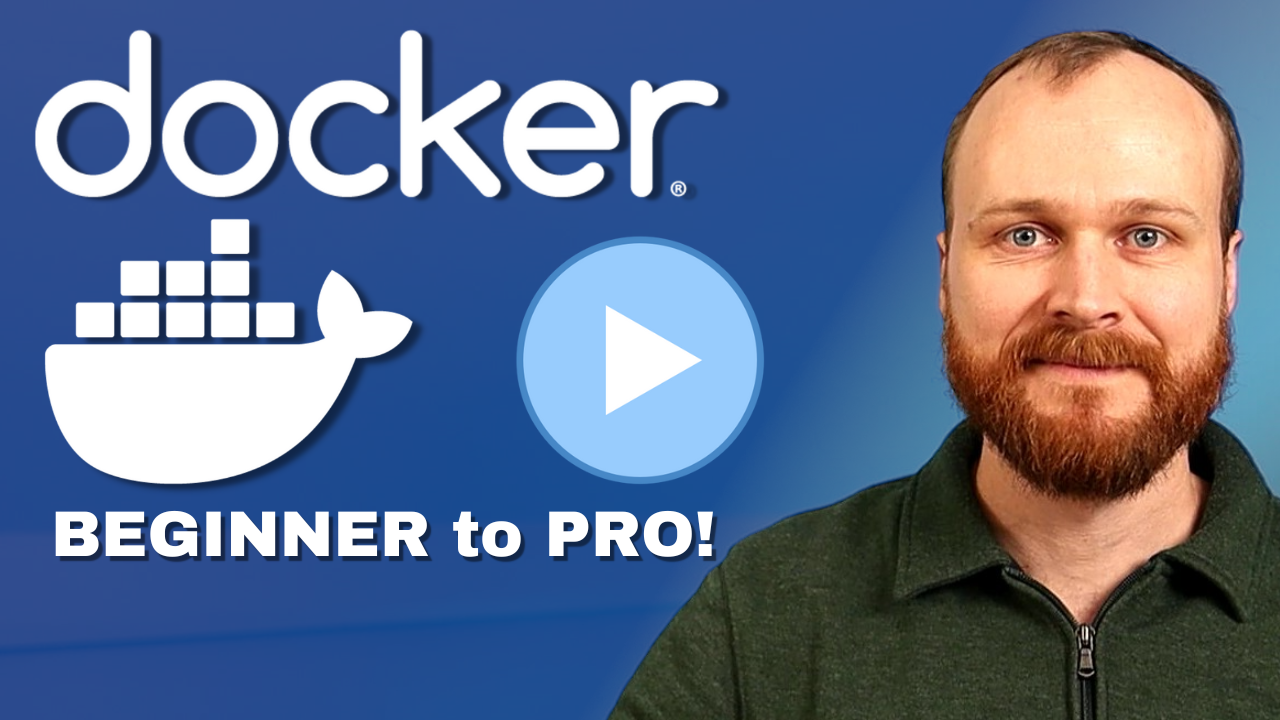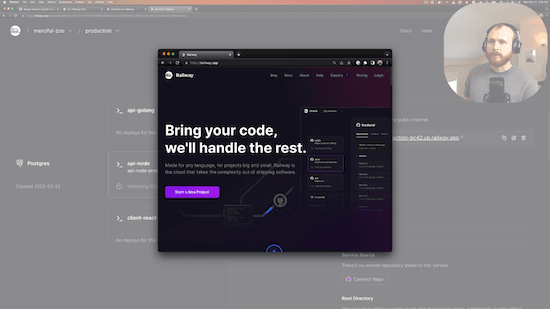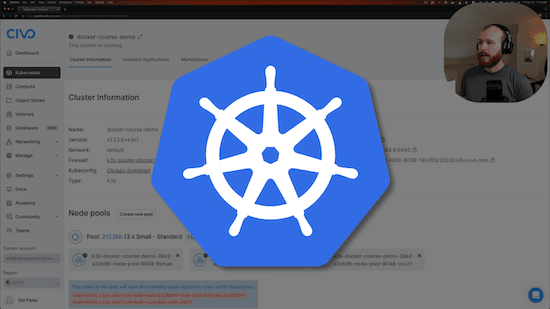1: History and Motivation
Examine the evolution of virtualization technologies from bare metal, virtual machines, and containers and the tradeoffs between them.
2: Technology Overview
Explores the three core Linux features that enable containers to function (cgroups, namespaces, and union filesystems), as well as the architecture of the Docker components.
3: Installation and Set Up
Install and configure Docker Desktop
4: Using 3rd Party Container Images
Use publicly available container images in your developer workflows and learn how about container data persistence.
5: Example Web Application
Building out a realistic microservice application to containerize.
6: Building Container Images
Write and optimize Dockerfiles and build container images for the components of the example web app.
7: Container Registries
Use container registries such as Dockerhub to share and distribute container images.
8: Running Containers
Use Docker and Docker Compose to run the containerized application from Module 5.
9: Container Security
Learn best practices for container image and container runtime security.
10: Interacting with Docker Objects
Explore how to use Docker to interact with containers, container images, volumes, and networks.
11: Development Workflow
Add tooling and configuration to enable improved developer experience when working with containers.
•Developer Experience Wishlist
12: Deploying Containers
Deploy containerized applications to production using a variety of approaches.

Course Wrap Up
Congratulations on completing the Docker and containers course!
I hope you feel prepared to incorporate containers into your software development and deployment processes and use the knowledge gained to improve your organization's software systems.
Course Recap
Here's a recap of what we've covered in this course:
- Fundamentals: We explored the importance of containers, the evolution of virtualization, underlying Linux technologies, and Docker's role.
- Using Containers: We used public third-party containers for databases and interactive test environments.
- Building a Multi-Service Web Application: We containerized a web application and established a smooth development workflow.
- Deploying to the Cloud: We deployed our application to the cloud using Docker Swarm.
Bonus content!
As mentioned during the deployment section of the course, I filmed two additional videos, one covering deploying the sample application to https://railway.app and another deploying to Kubernetes running on Civo cloud.
These can be found at: https://links.devopsdirective.com/docker-gumroad
These are "pay what you want" with a minimum of $1 (required by Gumroad since the video files are above 250MB). If you got value from the course and want to pay more than the minimum that is great, but if you can't afford to do so, that's okay too!
Join the DevOps Directive Community
If you'd like to join a community of other DevOps practitioners, consider joining our Discord server!
We have many amazing members who discuss DevOps topics, share knowledge, and answer questions.

